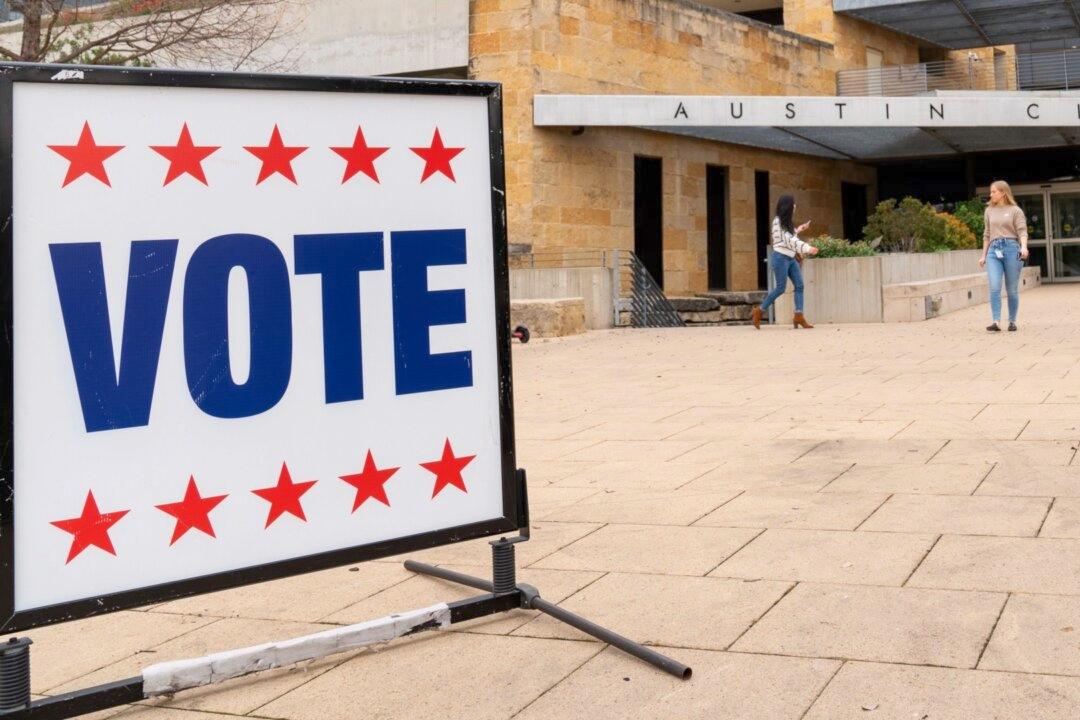A Florida law that requires convicted felons to pay off outstanding fines and fees related to their sentences before they can register to vote was in part unconstitutional, a federal judge ruled.
With the November election ahead, the decision by U.S. District Judge Robert L. Hinkle on May 24 could potentially give way to hundreds of thousands of ex-felons who have completed “all terms of their sentence including probation and parole” the ability to register to vote, possibly expanding voter rolls in a battleground state.




